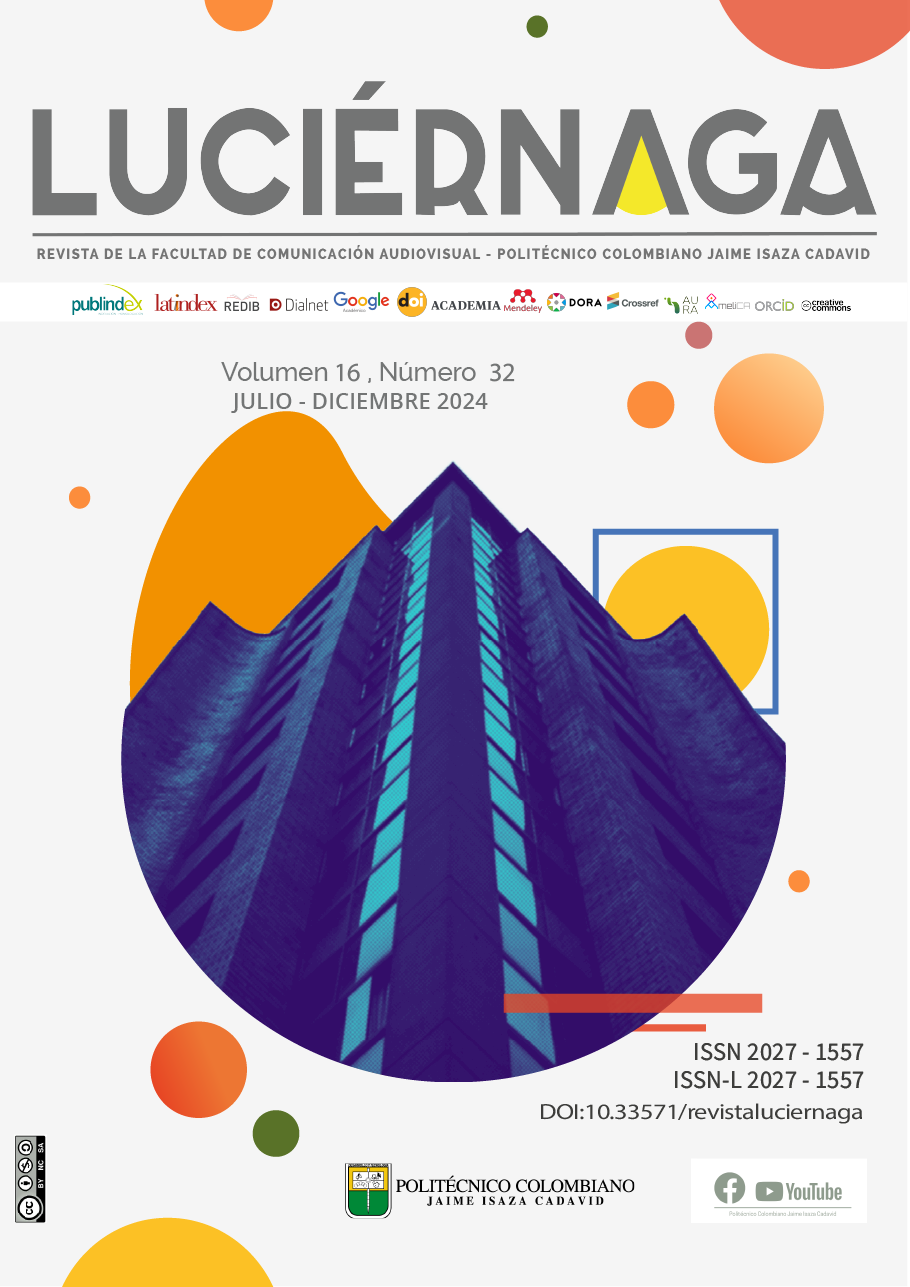Radio Academic waves and sociocultural proces, in south of Colombia
Abstract
The mass media, by making use of their symbolic power, condition the way of understanding the social world, according to the specificities of their field of production. Bourdieu (1994) considers that the media occupy an inferior place in the fields of cultural production; However, he recognizes a truly unusual form of domination, because for him the media facilitates the exposure of different initiatives, in search of public recognition.
Currently, university radio stations have become fundamental participants in communication in the development of social processes; Furthermore, they promote giving meaning to reality and providing more than information, the generation of dialogue scenarios in which audiences become promoters and disseminators of sociocultural processes. Geographically and politically, Colombia is subdivided by regions, which make up micro territories with limits and physical references to each other, each with particular characteristics and elements of differentiation between them, depending on their location, as well as historical and social elements.
One of the regions richest in biodiversity, but also most affected by years of violence and neglect by Colombian governments, has been the southern region of Colombia; specifically, the department of Huila. Territory that, despite the harsh political conditions, has also been prone to the promotion and consolidation of community initiatives in search of better conditions for the right to a dignified life.
Thus, in this document, university radio stations are recognized as generators of circulation and qualification scenarios for audiences and/or communities, in addition to promoting the consolidation of sociocultural processes, from their commitment to externalized content through their broadcast schedules. programming, in the south of Colombia.
Article Metrics
Abstract: 137Published
How to Cite
Issue
Section
License
Copyright (c) 2024 Óscar Iván Forero Mosquera

This work is licensed under a Creative Commons Attribution-NonCommercial-ShareAlike 4.0 International License.
Aquellos autores/as que tengan publicaciones con esta revista, aceptan los términos siguientes:- Los autores/as conservarán sus derechos de autor y garantizarán a la revista el derecho de primera publicación de su obra, el cuál estará simultáneamente sujeto a una licencia de Creative Commons Atribución – No comercial – Compartir igual
que permite a terceros compartir la obra siempre que se indique su autor y su primera publicación en esta revista. - Los autores/as podrán adoptar otros acuerdos de licencia no exclusiva de distribución de la versión de la obra publicada (p. ej.: depositarla en un archivo telemático institucional o publicarla en un volumen monográfico) siempre que se indique la publicación inicial en esta revista.
- Se permite y recomienda a los autores/as difundir su obra a través de Internet (p. ej.: en archivos telemáticos institucionales o en su página web) antes y durante el proceso de envío, lo cual puede producir intercambios interesantes y aumentar las citas de la obra publicada. (Véase El efecto del acceso abierto)
- Luciérnaga-Comunicación no cobra tasas o cargos a Autores o colaradores por la recepción, revisión o publicación de artículos (APC -Article Processing Charges/ publication fee).













